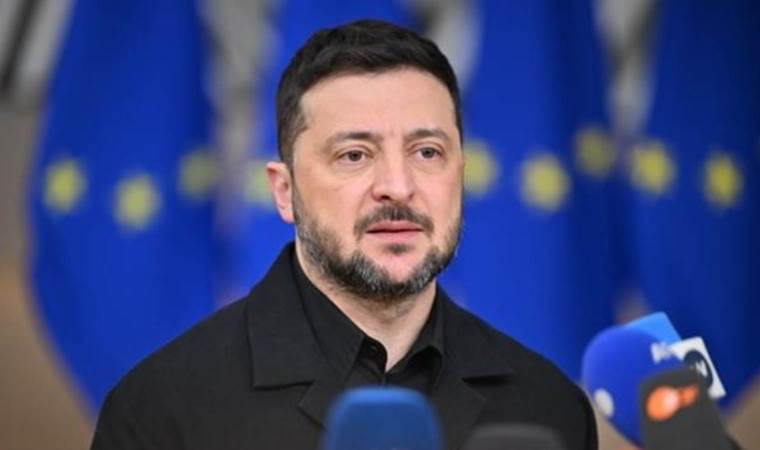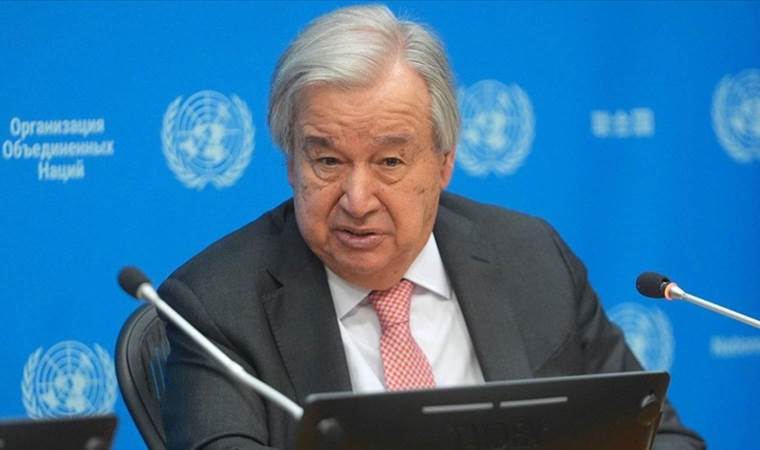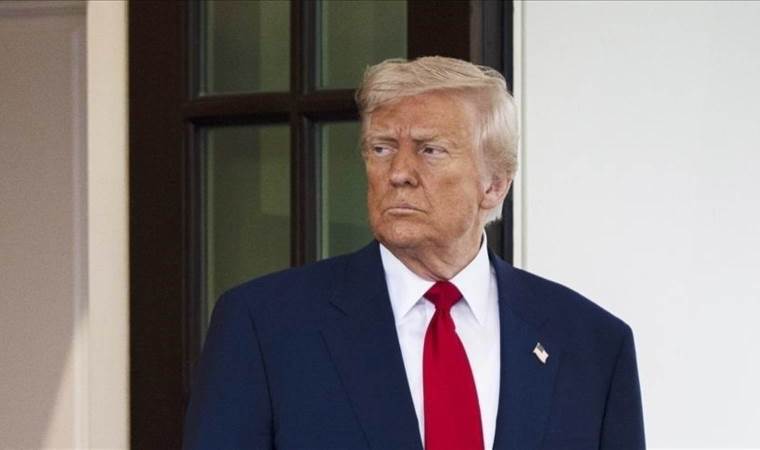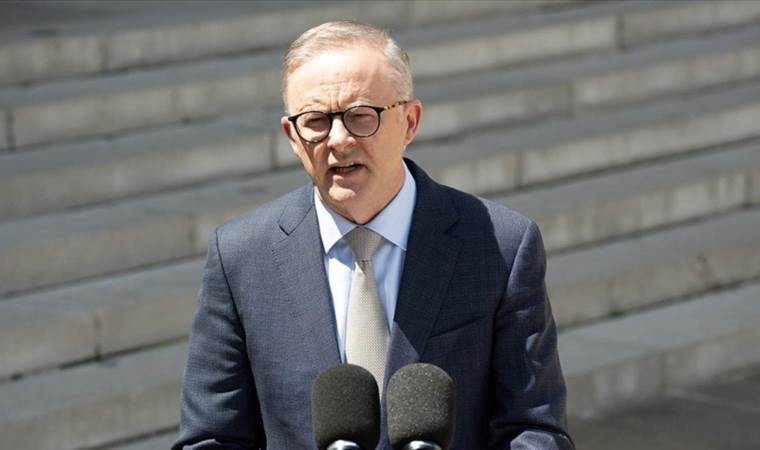European Central Bank can gradually loosen monetary policy stance: IMF
Continued monetary easing would achieve balance between keeping inflation expectations anchored, avoiding overly restrictive stance, says fund
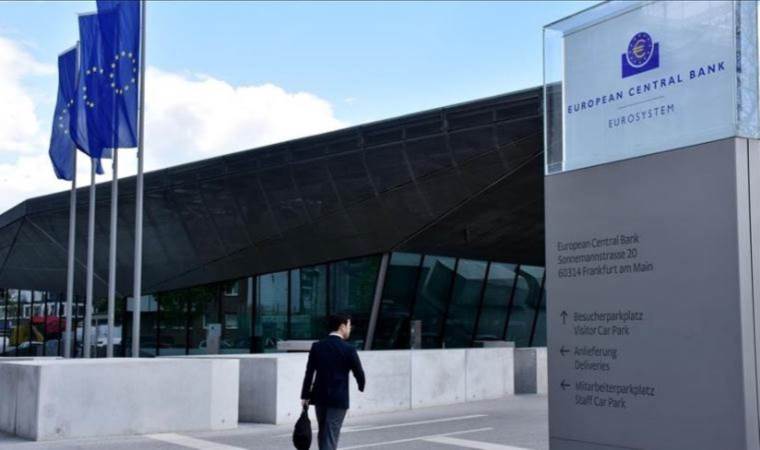
The European Central Bank (ECB) can gradually loosen its monetary policy stance at a pace that depends on incoming macroeconomic data, the International Monetary Fund (IMF) said Thursday.
"The projected disinflation path and balanced risks around it—based on current information—imply that interest rates can be gradually lowered to reach a neutral stance—consistent with a terminal policy rate of around 2.5 percent—by the end of the third quarter of 2025," it said in Euro Area: IMF Staff Concluding Statement of the 2024 Mission on Common Policies for Member Countries.
"Continued, gradual monetary easing would achieve a balance between keeping inflation expectations anchored and avoiding an overly restrictive policy stance," it added.
The ECB on June 6 cut interest rates for the first time in five years, lowering its three key benchmarks by 25 basis points each. The interest rates on the main refinancing operations, the marginal lending facility, and the deposit facility were lowered to 4.25%, 4.50% and 3.75%, respectively, starting on June 12.
The IMF said inflation is projected to return to the ECB's medium-term target of 2% in the second half of 2025, and added that inflation outlook may change over time as more information becomes available, which in turn may change the appropriate course of the ECB's policy rate.
"Ultimately, decisions on the policy rate will have to be taken meeting-by-meeting based on incoming information," it said.
"Risks to growth are on the downside while they are two-sided for inflation," it added. "A modest growth pickup is projected for 2024—strengthening further in 2025—but the medium-term outlook remains challenging."
The financial agency said policymakers should continue to safeguard euro area financial stability, and urged that authorities should encourage banks to use their temporarily high profits to build safeguards.
Most Read News
-
 Thailand imposes martial law in border districts as clas
Thailand imposes martial law in border districts as clas
-
 2 killed, 8 critically injured in shooting at Brown Univ
2 killed, 8 critically injured in shooting at Brown Univ
-
 Zelenskyy says bilateral security guarantees a ‘compromi
Zelenskyy says bilateral security guarantees a ‘compromi
-
 Delhi’s air quality worsens to new severe level, Indian
Delhi’s air quality worsens to new severe level, Indian
-
 Attacks on Bangladeshi peacekeepers in southern Sudan ma
Attacks on Bangladeshi peacekeepers in southern Sudan ma
-
 2 Palestinians killed by Israeli army in occupied West B
2 Palestinians killed by Israeli army in occupied West B
-
 Trump vows to respond to alleged ISIS attack on US force
Trump vows to respond to alleged ISIS attack on US force
-
 ‘No place for violence in Australia,’ says Premier Alban
‘No place for violence in Australia,’ says Premier Alban


